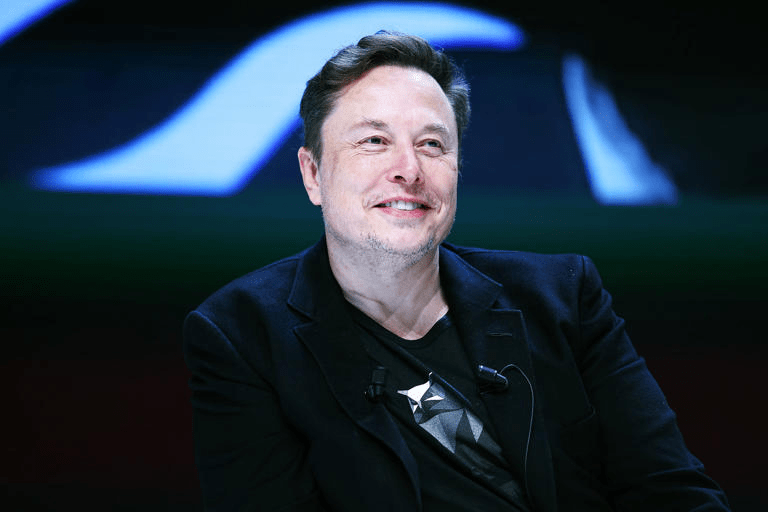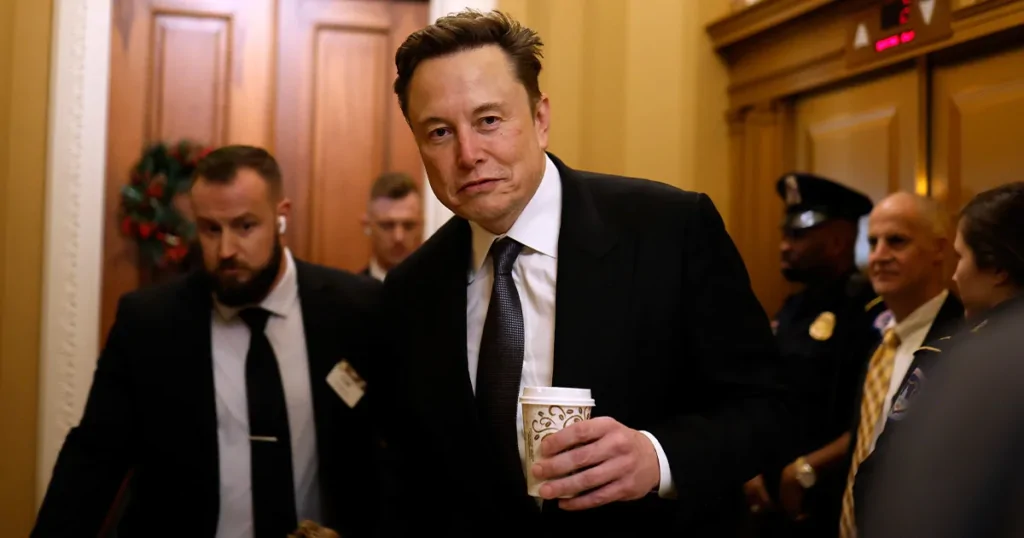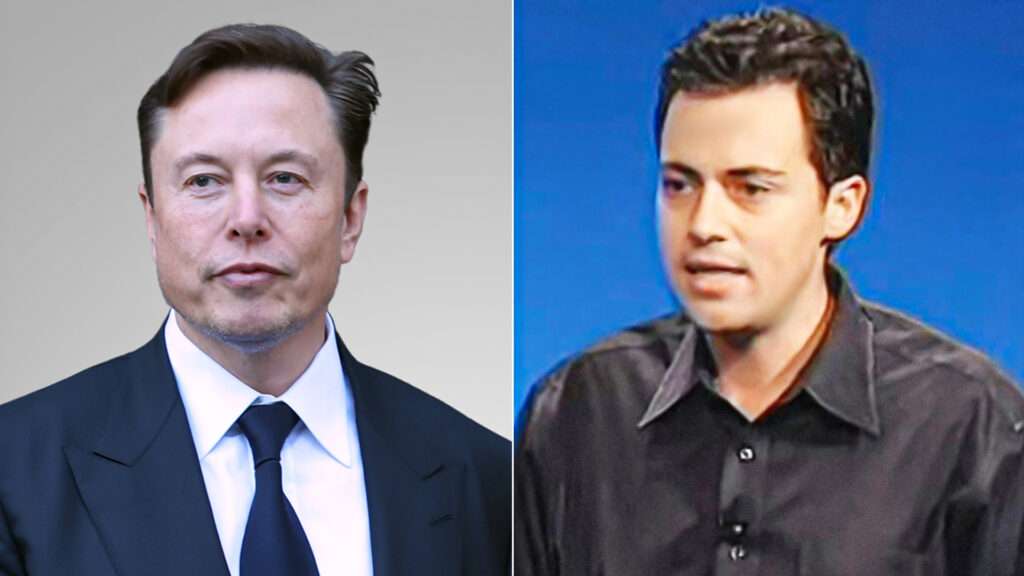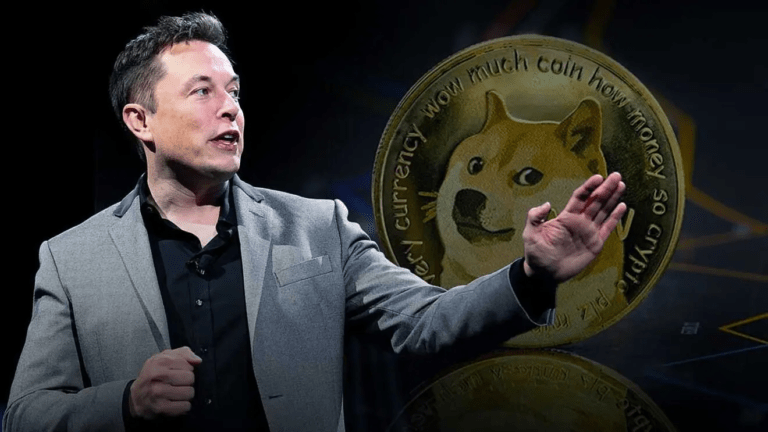Elon Musk’s Former Friend Calls Him a Narcissist with a Dangerous “Lust for Power”

Elon Musk has long been the subject of admiration and controversy, but now one of his former friends is calling him out for what he sees as the billionaire’s unhealthy obsession with power and control. In a detailed post shared on Facebook and LinkedIn, Philip Low, the founder of NeuroVigil, a brain-computer interface (BCI) company, opened up about his fallout with Musk and the darker side of the tech mogul’s ambitions.
Not a Nazi, but…
Low starts off by clarifying that despite some concerning comments Musk has made, including a reference to “Sieg Heil” and Holocaust jokes, he does not believe Musk is a Nazi. However, Low does make a striking comparison: while Nazis believed a certain race was superior, Musk, according to Low, believes he is superior to everyone else. This belief, Low argues, drives Elon Musk’s behavior and decisions, particularly his constant pursuit of power.

Elon Musk’s former friend, Philip Low, has made some bold claims about the billionaire’s character, calling him a narcissist with an obsessive “lust for power.” In a revealing post shared on Facebook and LinkedIn, Low, the founder of the brain-computer interface company NeuroVigil, details his falling out with Musk and paints a picture of a man driven by a deep desire for control and influence.
Low argues that Musk’s actions—whether investing in or competing with companies like NeuroVigil and Neuralink—are less about innovation and more about consolidating power, especially through his connections with far-right political groups. While Low clarifies that Elon Musk isn’t a Nazi, he compares Musk’s belief in his own superiority to the dangerous ideologies of the past. His essay also touches on personal incidents, like Musk’s failed attempts to undermine NeuroVigil, and suggests that Musk’s power hunger ultimately led to his controversial purchase of Twitter. Although some of Low’s details and timeline may be unclear, his post offers an intriguing look into Elon Musk’s ambitions, fueling further curiosity about the man behind the public persona.
A Lust for Power
Throughout his essay, Low paints a picture of a man obsessed with acquiring more influence. He argues that Musk’s involvement in various tech ventures, such as Neuralink and xAI, is less about innovation and more about consolidating control over new fields of technology. Musk, according to Low, has a preference for far-right political parties because they’re easier to manipulate, which further fuels his desire for dominance.

One of the more personal claims Low makes is that Musk’s drive for power led him to compete directly with Low’s own company, NeuroVigil. In 2015, Musk had invested in NeuroVigil, but Low suggests that Musk later launched Neuralink in 2016 out of a desire to challenge him in the brain-computer interface field. While their approaches to BCI are significantly different (Neuralink uses a chip implanted in the brain, while NeuroVigil monitors brain activity non-invasively), Low still sees Musk’s actions as an attempt to create a rival company to his own.
Falling Out with Musk
Low also describes the event in 2021 when he had to fire Musk from NeuroVigil’s board. He claims that Musk tried to sabotage the company by returning his shares rather than selling them outright, an action that could have destabilized the company’s stock. This move led to Musk’s firing, which Low compares to Elon Musk’s later actions with Twitter, where Elon Musk attempted to undermine the platform before ultimately purchasing it in 2022.
Despite some inconsistencies in the timeline and details, Low’s perspective offers a fascinating glimpse into his experience working with Musk. His post highlights a side of the billionaire that is driven not just by innovation but by a deep desire for control and power.

A Complex Relationship
While Low’s post may be clouded by emotion, especially given the fallout from their business partnership, his assessment of Musk’s character raises intriguing questions about the motivations behind Musk’s numerous ventures. Whether one agrees with Low’s interpretation or not, it’s clear that Musk’s quest for power remains a central part of his identity.






